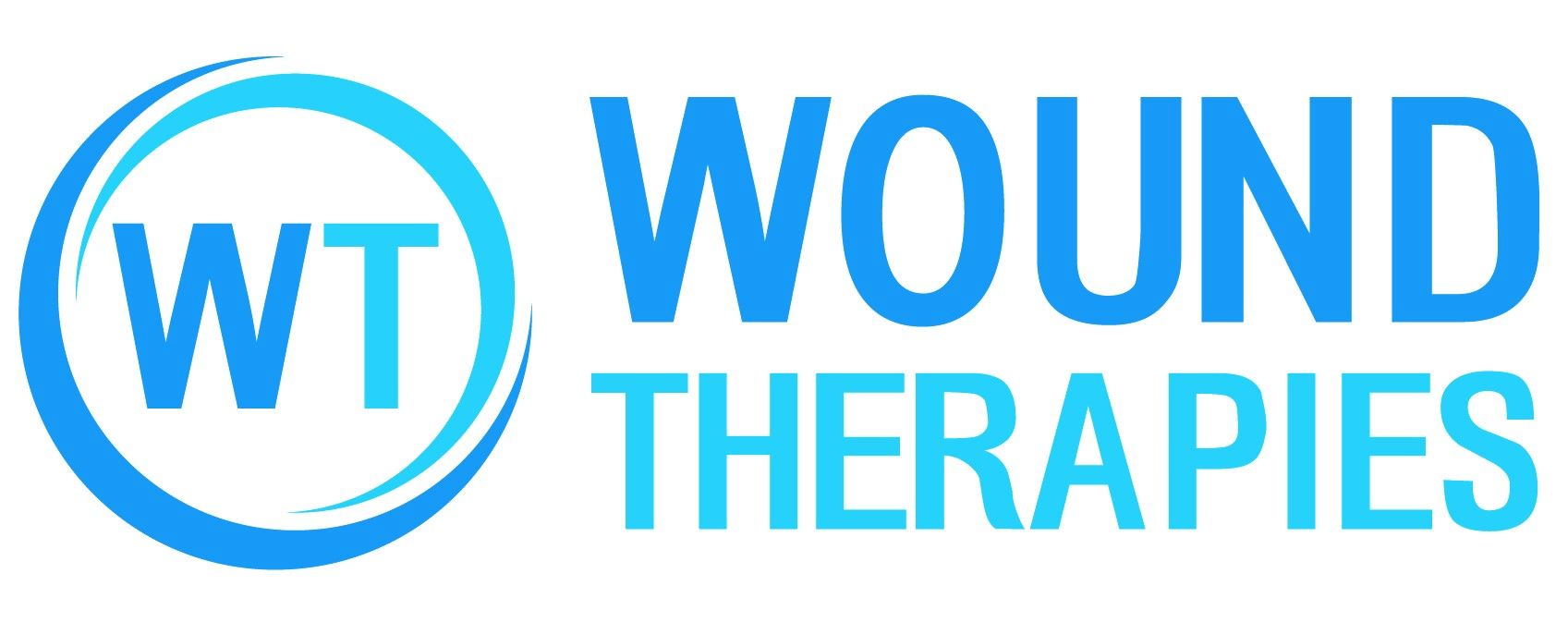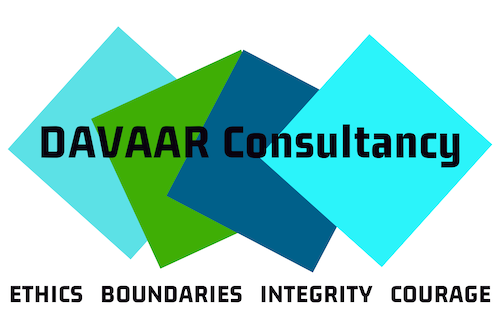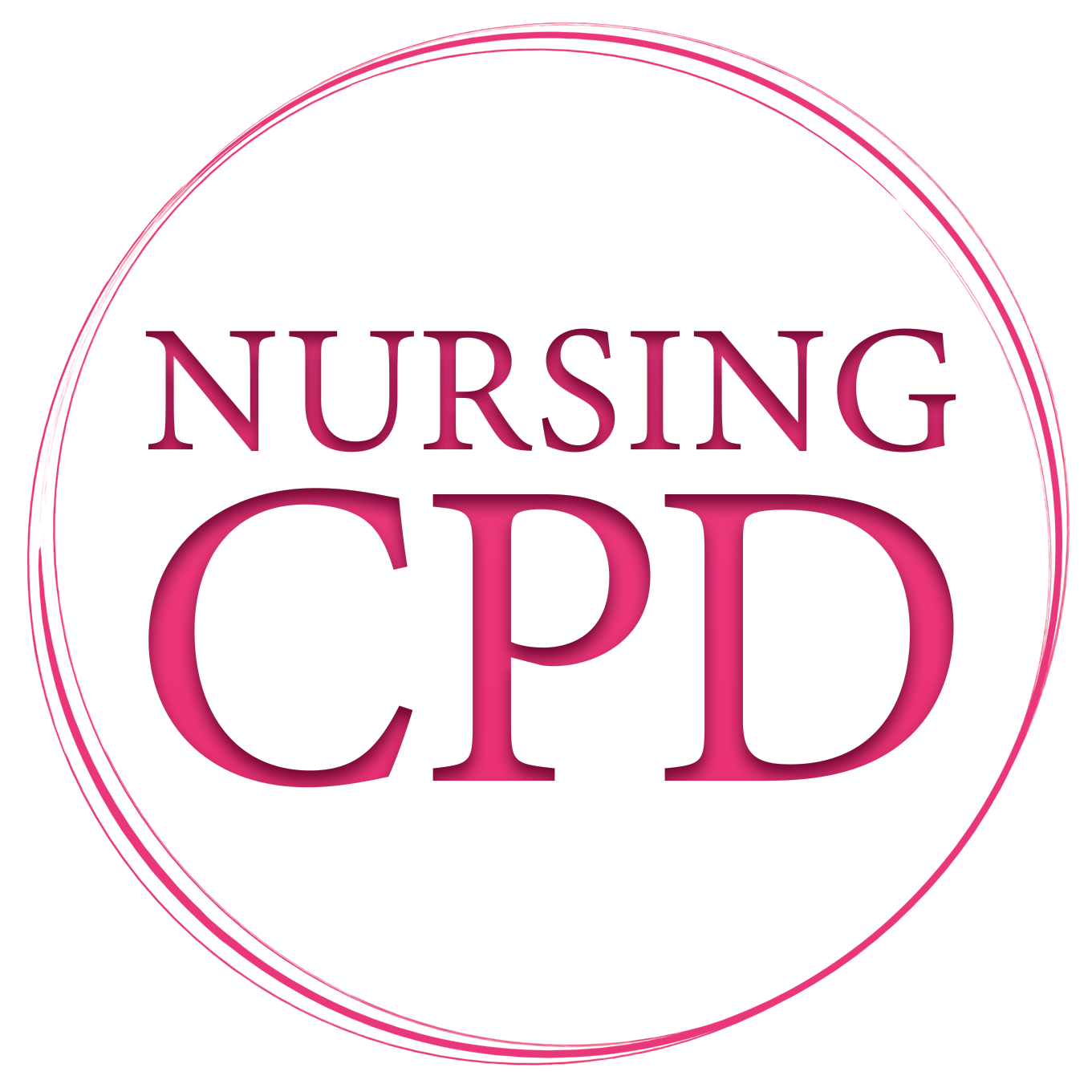Postoperative Delirium
Course Content
POD is a serious expensive complication that is associated with increased morbidity and double the risk of mortality from surgery compared to non-delirious patients. It's causes are mutlifactorial, can occur in any patient, but a higher risk occurs in certain patient groups. It may also pose a risk to staff injury.
Why this Session may be Relevant to your Work
Learning Outcomes
- Be provided with an overview of this serious and complex post operative complications
- Gain a better overall understanding of postoperative delirium
- Gain insight on what this may be like for the patient and their family
- Learn a little about Post Operative Cognitive Dysfunction

Dr Paula Foran

PHONE: 07 4151 3884 (select option 1)
EMAIL: enquiries@nursingcpd.com.au
Terms & Conditions
Dr Paula Foran
Paula is the sub-editor for the Journal of Perioperative Nursing and manages the column, ‘Emerging Scholars’ where Paula assists postgraduate students to see their publications come to fruition.
Paula has been a guest speaker and presented keynote presentations at national & international conferences. She has been awarded the ‘Most Popular Presenter’ for her keynote address at the International Collaboration of Perianaesthesia Nurses, and Best Oral Paper award at the European Operating Room Nurses conference in The Hague.
Anne Evans-Murray
R.N., BHlthSc, MACCCN, Grad.Dip Ed, MEd, Dip Counselling, GradCertCritCare, CertIV Training and Assessment, CertIV in Mediation
Dr Amanda Bowden


Diabetes Queensland
Our vision is to see a world free of diabetes and its complications. It drives everything we do - every program we deliver, every message we share, and every resource we develop. Through our programs and partnerships with industry, government and community groups, we work to ensure diabetes care is always improving and evolving.
Diabetes Queensland helps people at risk of diabetes and those affected by the condition by providing trusted information and guidance on how to minimize their risk of complications. The organisation is responsible for the delivery of the National Diabetes Service Scheme in Queensland. The scheme provides products and information to approximately 190,000 registered Queenslanders.

Dr Julie Martyn
PhD
Jules Aitken
MSc (Nurse Practitioner), RN, CDE
She is also a registered Credentialed Diabetes Educator (CDE) registered with the Australian Diabetes Educators Association (ADEA) gaining her Certificate of Diabetes Management at the University of Technology Sydney. She has worked within the Diabetes, Weight Management and Metabolic and Chronic Disease arena for over 20 years.
She has participated in research projects involving weight management, diabetes, metabolic and chronic diseases and has presented at nursing, allied health, medical and community events at local, State and National level.
She is a mentor for diabetes educators with the Australian Diabetes Educators Association and also provides education and mentorship for student nurses, RNs, EENs and other health professionals within private organisations.
She is also an member of External Advisory Committee for Queensland's University of Technology Master of Nursing programme.
Louise Webber
Masters Nursing Science (Nurse Practitioner), BA (Hons), RN
She has worked in several public hospitals and Community settings in Australia and overseas. She currently works collaboratively with several Aged Care Providers and private hospitals and runs her specialist community wound clinic.

Maria Clemente
BScN, RN, JD, GradDip, Solicitor
Mary Andrew
Mary has a long history working in aged care, with 25 years experience with the Department of Veterans Affairs in various roles addressing
the complex health and support needs of the Veteran community.
Mary joined the Ethnic Communities Council of Queensland
almost 10 years ago – initially as Co-ordinator of the Community Visitor Scheme
(CVS), now the Aged Care Volunteer Visitor Scheme (ACVVS) – training and
matching CALD volunteers with consumers from similar backgrounds / language /
and cultural experiences. This was to provide friendship, support and
connection for residents to combat social isolation.
As a PICAC Project officer Mary is actively engaged in
delivering training and professional development to aged care staff and
management, highlighting the diverse needs of CALD aged consumers and the
priority of inclusive care provision. She provides one on one support to
providers and links them to resources promoting best practice models of care.
She actively participates in local aged care networks –
liaising and advocating with providers, professional bodies, and industry
stakeholders regarding the care needs of CALD communities.
Mary has a background in Pharmacy, gaining a qualification in Ireland before migrating to Australia in the early 80s.


Dr Michael Sinnott
MBBS, FACEM, FRACP
Dr Sinnott has contributed to over 40 publications and is a world-leader in research regarding staff safety in healthcare. His expertise lead Dr Sinnott to become involved in the development of safety guidelines and legislation in the USA, and safety standards in Australia.
In the commercial space, Dr Sinnott is the Co-Founder of Qlicksmart Pty Ltd and Smartstream Pty Ltd, who innovate and commercialise safety medical devices.

National Asthma Council
We actively work to assess and address the impacts of asthma through advocacy and collaboration with policy makers, stakeholders and Australian and international asthma and lung health organisations.
Through our Sensitive Choice program, we provide the public with essential information about asthma and allergy management and empower consumers to identify asthma and allergy-aware products and services.

Robyn Wortel
Clinical Education Specialist
Silvia Borges
She has since been researching, developing and delivering training modules focused in culturally appropriate care for older Australians.
Sue Walker
RN, BN, BN (ADMIN), MPHC, MACN
To continue to meet professional and community expectations Nurses and Midwives need to acknowledge their unique contribution to health care delivery and assert their collective strength to safeguard the community and ensure their ongoing professional needs are recognised and met.
Helen Kansky
Helen enjoys exploring various cuisines and the challenge of recreating them at home for her family.
Dr Wendy McIntosh
RGN, RMHN, Grad. Dip MH, MN, Cert IV Workplace Assessment & Training, Group Leadership Cert, MRCNA, MANZCMHN, AANZPA
Areas of specific interest and passion for Wendy include: professional supervision, professional boundaries, professional identity, links between childhood trauma and mental illness and workplace bullying.
Wendy has over 20 years as a psychodrama trainee – a life long learning. She is committed to using experiential learning in the work she does with individuals and groups.
Regularly presenting workshops at national & International conferences, Wendy consistently receives feedback on her passion, knowledge and creativity as a presenter & facilitator. Wendy is continually integrating learning and insights she gains from the work she does in professional boundaries.
Wendy has developed internet training tools and education packages for individuals / organisations and delivers webinars for a variety of organisations nationally and internationally. With the assistance of six podcast episodes titled ‘Professional Boundaries’, Wendy is exploring and guiding listeners on their own personal and reflective journey through boundaries.
This series of professional boundaries podcasts has been picked up by the School of Health and Social Care, Edinburgh Napier University to be used in their curriculum. Further podcasts are currently in production.
Wendy was Charter President of the Global Nurses & Midwives Rotary Club. An innovative, diverse and inclusive Rotary Club whose members come from around the world.

wendy@davaar.com.au
0411 385 573
Subscribe to our newsletter now!
Please Note
Don't worry, your records are safe and if you need a copy of your portfolio urgently, please contact us on 07 4151 3884 (select option 1).
David Ruzicka
Masters Nursing Science (Nurse Practitioner), Master of Palliative Care
David is a nurse practitioner with over 14 years of clinical experience in palliative care. David has worked in both the acute and community sector within various Queensland health facilities throughout the state. He has proven ability as a palliative care clinician and researcher, as well as with mentoring and motivating staff. David has completed a Master of Nursing Science (Nurse Practitioner) with distinction and a Master of Palliative care and is currently employed as a Nurse Practitioner within the Palliative care service in the Sunshine Coast Hospital and Health service.
Colleen Reid
During those years she became increasingly drawn back to psychiatry, working with people who were experiencing life very differently and who were at risk of ever- increasing marginalisation.
Dr Chamindika Konara
B.ENG [BIOMED], PHD [BIOTECH
As an ISO 13485 and ISO 9001 accredited auditor, Dr Konara has strong experience in implementing systems for quality improvement and change control.
Dr Konara works within the biomedical sector to translate research and product concepts into practical solutions for healthcare facilities.
She has contributed to the education of perioperative staff through her roles at Qlicksmart Pty Ltd and StaffandPatientSafety org, and provides ongoing education to medical students as well as medical industry professionals.
In 2022 Dr Konara presented at the AORN ( and ACORN ( virtual conferences and she will be presenting at the AORN Global Surgical Conference Expo 2023

Swaatha Haji
Sara Yousif
She worked as a Case Manager Assistant and Arrival Coordinator at Multicultural Australia for 6 years where she met many new arrivals through the Humanitarian Support Program (often at 1am and 4am at Brisbane Airport!) She now works as a Mental Health and NDIS Support coordinator with the Richmond Fellowship Queensland.
She has co-ordinated, co-presented and engaged with community members to participate in health workshops in partnership with Mater Refugee Health, Qld Program of Assistance to Survivors of Torture and Trauma (QPASTT), TRUE Relationships and Reproductive Health and TAFE Qld.
Mi Nguyen
She has worked in various capacities, including program management and coordination, communications, research and capacity building. Mi holds a Master in Development Studies with a gender specialisation.
Dr Shreya Singh
Phd, MA, BA
She has extensive experience in teaching and interdisciplinary research, working with diverse stakeholders to achieve positive organisational change.
Dr Singh is passionate about community education and safety, with a focus on empowering frontline staff.
Amy Gibson
Amy also acts as a mentor and educator for pharmacists who have recently graduated as well as to pharmacists who may be established, but are moving into more clinical areas of practice.
Subscribe to our newsletter now!
Muireann Wynne
RN, BSN, MSN (Clinical - Emergency), PGDip ClinRedesign
Muireann is recognised for her expertise in workforce strategy, nursing excellence, and healthcare innovation. She is dedicated to fostering professional growth and creating environments where nurses can thrive.
Muireann remains deeply committed to mentoring the next generation of nursing leaders. Balancing her professional achievements with family life, she understands the complexities of career progression and personal commitments, making her a strong advocate for sustainable and fulfilling nursing careers.

Lisa Lucas
RN, BSN, MSN (Emergency Nursing - Trauma)
With 16 years spent in major emergency departments, she has held senior leadership roles such as Nursing Director, Nurse Unit Manager, Clinical Nurse Consultant, and Nurse Educator.
Recognised for her commitment to the profession, Lisa was awarded Nurse of the Year in 2020 (Year of the Nurse and Midwife), Nursing Director of the Year in 2023, and nominated for Nursing Leader of the Year in 2024.
Coming from a family of nurses spanning three generations, Lisa is passionate about mentoring and professional growth. Her dedication to developing future nurse leaders inspired her to co-found The Hive Development, expanding her impact beyond her immediate team.

